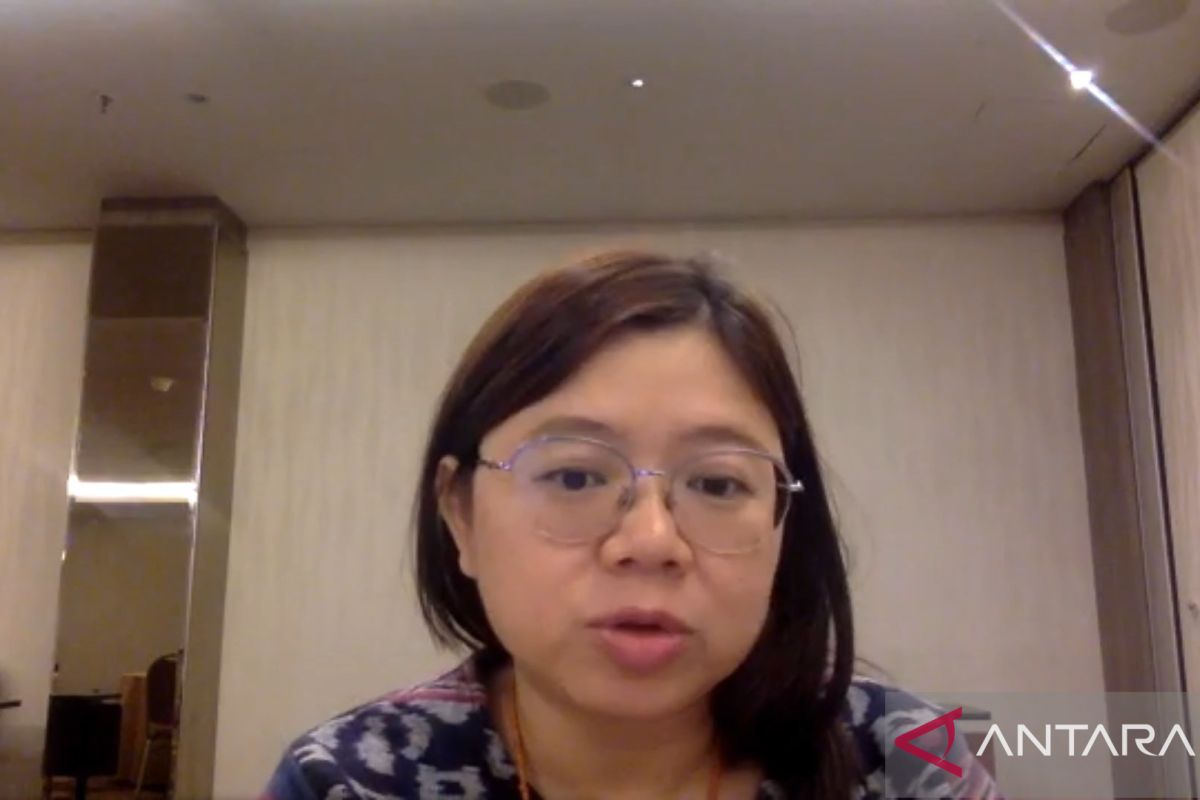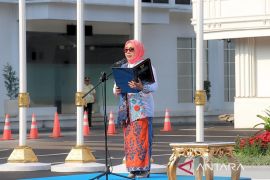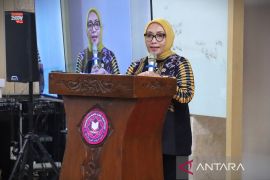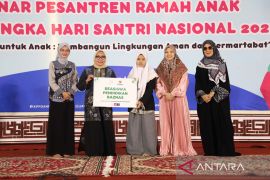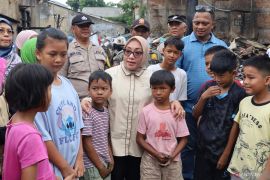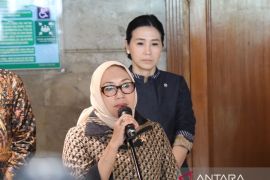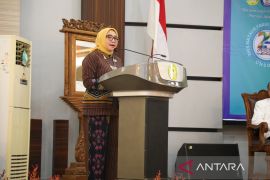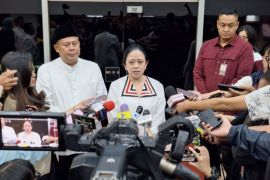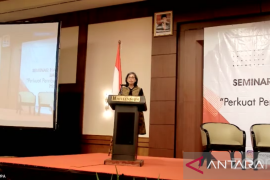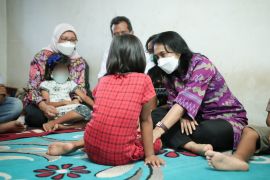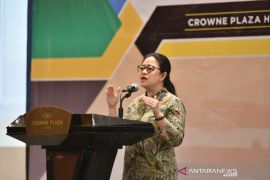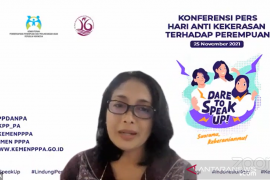Such cyberviolence can include trolling, hacking, impersonation, supervision, stalking, illegal content, defamation, and even sexually-charged messages or sexual harassment, she informed during the "Knitting a Protection Framework for Women Human Rights Defenders" webinar on Tuesday.
In addition, hate speech is also often targeted at women human rights activists in cyberspace.
Women human rights activists play an important role in upholding and advancing human rights in Indonesia, she said.
They are considered to play a key role in assisting women violence victims as well as campaigning for other issues that affect women's lives in relation to the agrarian sector, natural resources, and freedom of religion.
"Komnas Perempuan gives its highest appreciation to all women human rights activists who continue to fight to uphold and advance human rights, specifically women’s human rights in various situations full of risks," she affirmed.
However, while fighting for human rights, the activists have to confront several challenges. The commission recorded 87 cases of violence against women human rights activists in the period from 2015 to 2021, she informed.
Related news: Komnas HAM pursues better protection for women human rights defenders
In 2020, there were 36 cases and in 2021, there were 23 cases involving women human rights activists, she noted.
The figures show a sharp increase compared to 2019, when the commission recorded only 5 cases, she said.
This spike in cases shows that women human rights activists are becoming more vulnerable in carrying out their work.
As part of an effort to eradicate every form of violence against women and advance women's rights, Komnas Perempuan is cooperating with Protection Desk Indonesia to formulate a safety protection manual for women human rights activists.
The manual is expected to be used as a reference to develop safety protection mechanisms for women human rights activists and their institutions, which often experience violence and are criminalized by various parties.
The commission expects the manual to improve people’s understanding of women human rights activists, Yentriyani said.
It is also expected to make the public aware of women human rights activists' importance in ensuring that the country upholds its responsibility to citizens, she added.
Related news: Women's commission asks govt to adopt UNHRC recommendations
Related news: Companies must fulfill women workers' rights: ministry
Translator: Fitra Ashari, Fadhli Ruhman
Editor: Suharto
Copyright © ANTARA 2022
